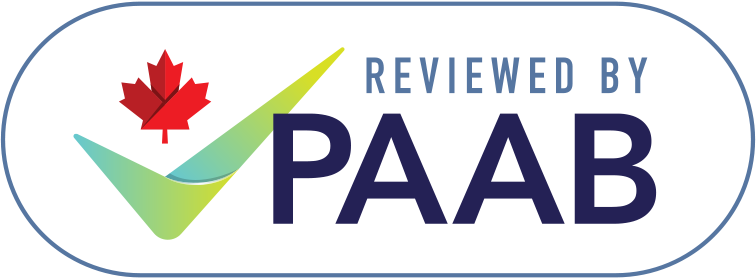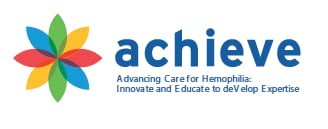Is there other important safety information I should know about?
Allergic reactions to Jivi have occurred.
If you experience tightness in the chest, feel dizzy, sick or faint, or experience dizziness upon standing, you may be experiencing a rare severe sudden allergic reaction (a so-called anaphylactic reaction) to Jivi. If this occurs, stop administration of the product immediately and seek medical advice.
Your doctor may carry out tests to ensure that your current dose of Jivi provides adequate Factor VIII levels.
- If your bleeding is not being controlled with your usual dose of Jivi, consult your doctor immediately. Your body may have formed molecules known as Factor VIII inhibitors and your doctor may carry out tests to confirm this. Factor VIII inhibitors are antibodies in the blood and are a natural part of the body’s defense system. Your doctor may consider other treatment options.
- Antibodies to PEG may block the activity of Jivi, making it less effective to prevent and control bleeding. Your doctor may switch you to your previous Factor VIII treatment without delay.

Surgical devices
When frequent injections are required, your healthcare professional may propose to have a device (called a catheter) surgically placed under the skin to facilitate access to the bloodstream. This device may result in an infection. Inform your healthcare provider if you have a catheter-related infection.
Do not use Jivi if:
- You are allergic (hypersensitive) to Jivi, or to any of the other ingredients of Jivi
- You have had allergic reactions to mouse or hamster protein
To help avoid side effects and ensure proper use, talk to your healthcare professional before you take Jivi. Talk
about any health conditions or problems you may have, including if you are allergic to mouse or hamster protein.











